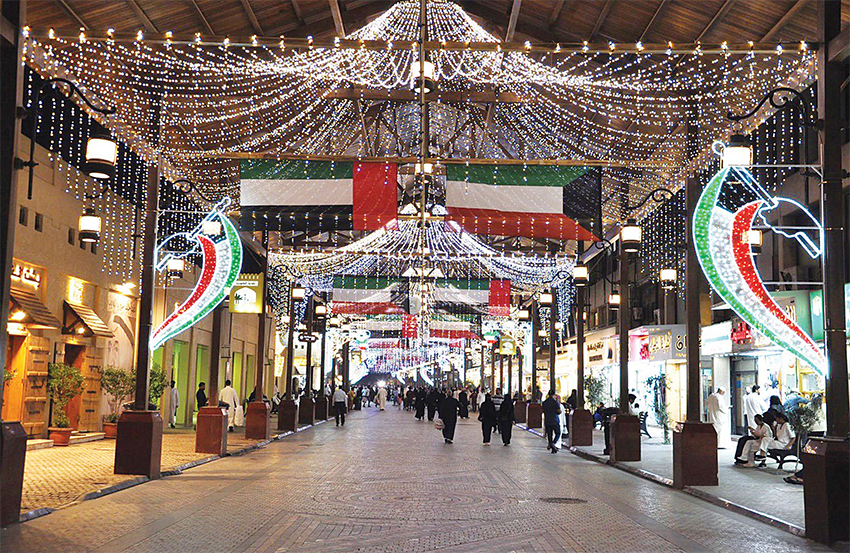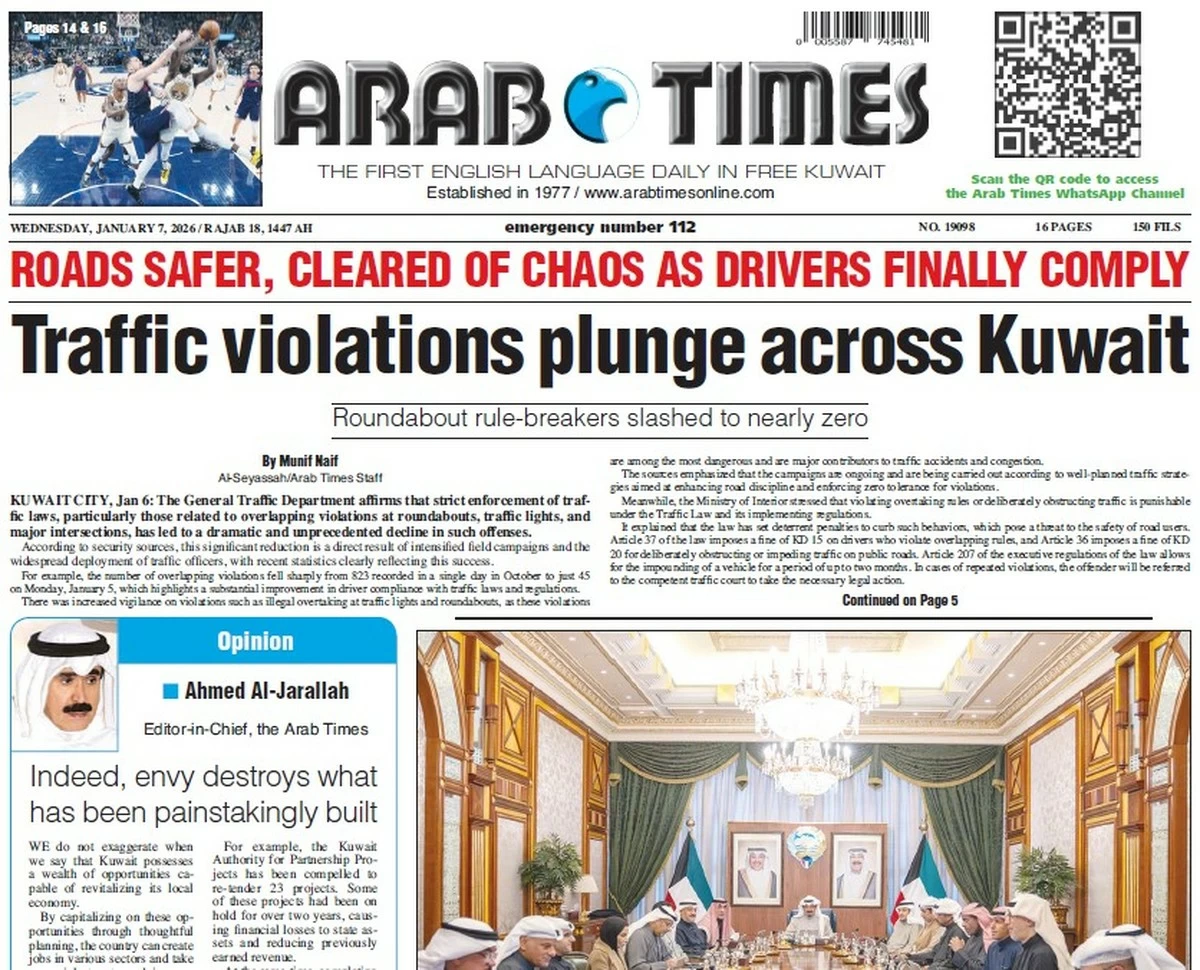05/12/2022
05/12/2022
KUWAIT CITY, Dec 5: A member of the parliament’s Public Utilities Committee Dr. Muhammad Al-Mahan revealed that the committee last week met with the National Council for Culture, Arts and Letters (NCCAL) to discuss the issue of preserving the heritage and historical places of the State of Kuwait, reports Al- Rai daily. In a press statement, Dr. Al-Mahan said, “The meeting ended with an agreement on the need to reconstruct Failaka Island, and preserve the spirit of the ancient urban heritage that bears the historical character of the Kuwaiti region.

After the meeting of the committee, it directed NCCAL to pay attention to the old Ahmadi Market, rebuild the Mubarakiya Market, which was recently exposed to fire, and present a plan to establish heritage markets in all governorates of Kuwait”. He called on the Ministry of Social Affairs and Labor to restore life in popular cafes, and reopen wedding halls as soon as possible. Dr. Al-Mahan stressed that preserving the national cultural heritage is one of the main pillars for introducing modern generations to the history of the fathers and grandfathers who struggled to build Kuwait today. It is worth highlighting that the parliament’s Public Utilities Committee had set six priority files during the current session.
It proceeded to discuss the first file after the Council agreed to assign it to study the six files. The members of the committee agreed that the first file would be the preservation of heritage and historical places and markets, and giving attention to what it represents in terms of history that should be passed on by generations.
The files will be examined sequentially as follows -
1. Standing on the role of the Ministry of Public Works and the Public Authority for Roads and Transportation in developing and maintaining streets, roads, squares and bridges, and studying the obstacles they face.
2. Following up the work of the Ministry of Electricity and Water in providing its services in the new cities, and the obstacles it encounters.
3. Studying the reality and level of development of the postal sector in the country.
4. Highlighting the role of government agencies in maintaining various public facilities, and finding out the reality of neglected facilities.
5. Following up the cleanliness of streets, cities, suburbs, and waterfronts, as well as the Kuwait Municipality’s work mechanism in this regard.


